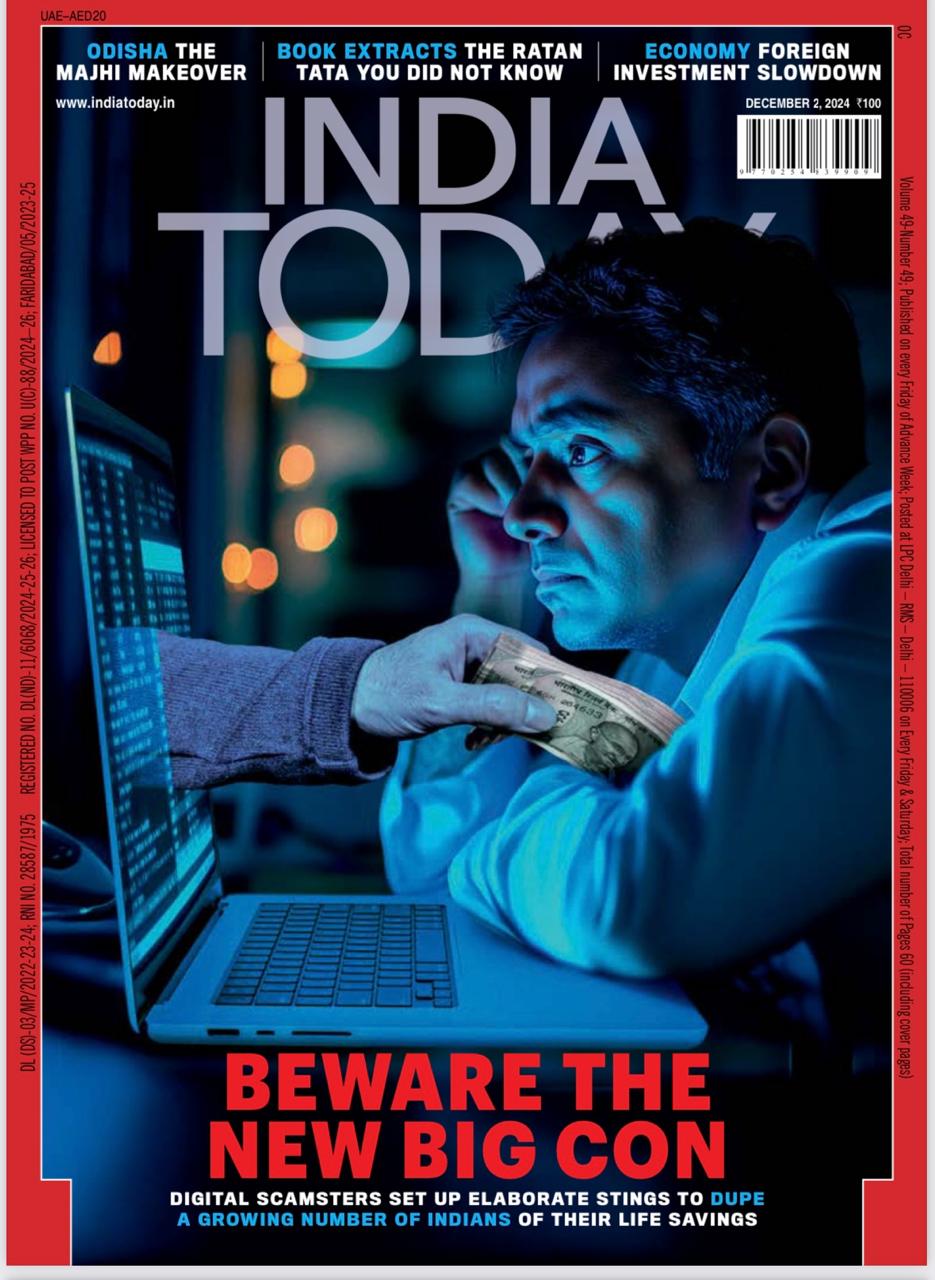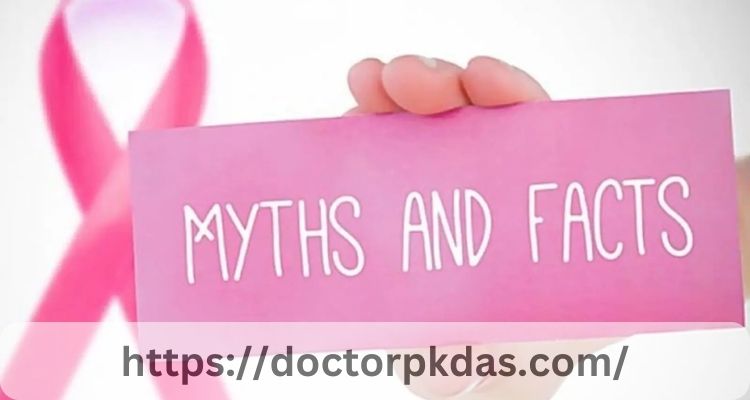|
Getting your Trinity Audio player ready...
|
Breast cancer is one of the most talked about health issues, yet misconceptions persist. These myths can lead to unnecessary fear, delayed diagnoses, or a false sense of security. In this article, we’ll separate fact from fiction, addressing some of the most common breast cancer myths to empower you with accurate knowledge.
Myth 1: Only Women Get Breast Cancer
Reality: While breast cancer is significantly more common in women, men can develop it too.
- Approximately 1% of all breast cancer cases occur in men.
- In 2024, an estimated 2,800 men in the U.S. will be diagnosed with breast cancer.
- Men often receive later diagnoses due to low awareness, leading to poorer out comes.
Myth 2: If You Have a Family History of Breast Cancer, You’ll Definitely Get It
Reality: Family history increases risk, but it’s not a guarantee.
- Only about 5-10% of breast cancers are thought to be hereditary.
- Having a first-degree relative with breast cancer approximately doubles the risk.
- Many women with a family history never develop breast cancer, while many without it do.
Myth 3: Breast Cancer Always Presents as a Lump
Reality: While lumps are common, they’re not the only sign.
- Other symptoms can include skin chang- es, nipple discharge, or breast pain.
- Some breast cancers can spread through the breast without forming a distinct lump.
- Any unusual change in your breasts should be evaluated by a healthcare professional.
Myth 4: Younger Women Don’t Need to Worry About Breast Cancer
Reality: While risk increases with age, young women can and do get breast cancer.
- About 5% of breast cancer cases occur in women under 40.
- Breast cancer in younger women is often more aggressive.
- Women of all ages should be familiar with their breasts and report changes to their doctor.
Myth 5: Wearing an Underwire Bra Increases Your Risk of Breast Cancer
Reality: There’s no scientific evidence link ing bra-wearing to breast cancer risk.
- This myth likely originated from a de- bunked study with flawed methodology.
- The American Cancer Society states that bras, regardless of type, do not increase breast cancer risk.

Myth 6: Mammograms Can Cause Breast Cancer to Spread
Reality: Mammograms cannot cause breast cancer to spread.
- Mammograms use very low doses of radiation and do not increase cancer risk significantly.
- The benefits of early detection through mammograms far outweigh any potential risks.
- Regular mammograms are still the best tool for early breast cancer detection.
Myth 7: Breast Implants Can Increase Your Risk of Breast Cancer
Reality: Breast implants don’t increase. breast cancer risk, but they can complicate detection.
Studies have shown no direct link be tween breast implants and increased breast cancer risk.
However, implants can make it harder to see breast tissue on standard mammograms.
Women with implants may need additional specialized views during mammography.
Myth 8: If You Maintain a Healthy Life- style, You Won’t Get Breast Cancer
Reality: A healthy lifestyle can lower risk, but it doesn’t provide absolute protection.
- Factors like genetics and age also play significant roles in breast cancer risk.
- Even women with very healthy lifestyles can develop breast cancer.
- However, maintaining a healthy weight, staying active, and limiting alcohol con- sumption can help reduce risk.
Myth 9: Finding a Lump in Your Breast Means You Have Cancer
Reality: Most breast lumps are not cancer OUS.
Common causes of benign (non-cancerous) breast lumps include cysts and fibro- adenomas.
However, any new lump should be evaluated by a healthcare professional to rule out cancer.
Myth 10: Antiperspirants and Deodorants Cause Breast Cancer
Reality: There’s no conclusive evidence linking these products to breast cancer.
- This myth likely started due to concerns about aluminum in antiperspirants.
- Major health organizations state that there’s no clear link between these products and breast cancer risk.
Understanding the realities of breast cancer is crucial for everyone’s health. By de- bunking these common myths, we hope to encourage more informed discussions about breast health, risk factors, and the importance of regular screenings. Re- member, knowledge is power in the fight against breast cancer. Always consult with healthcare professionals for personalized advice and stay vigilant about your breast health, regardless of your age or gender.

